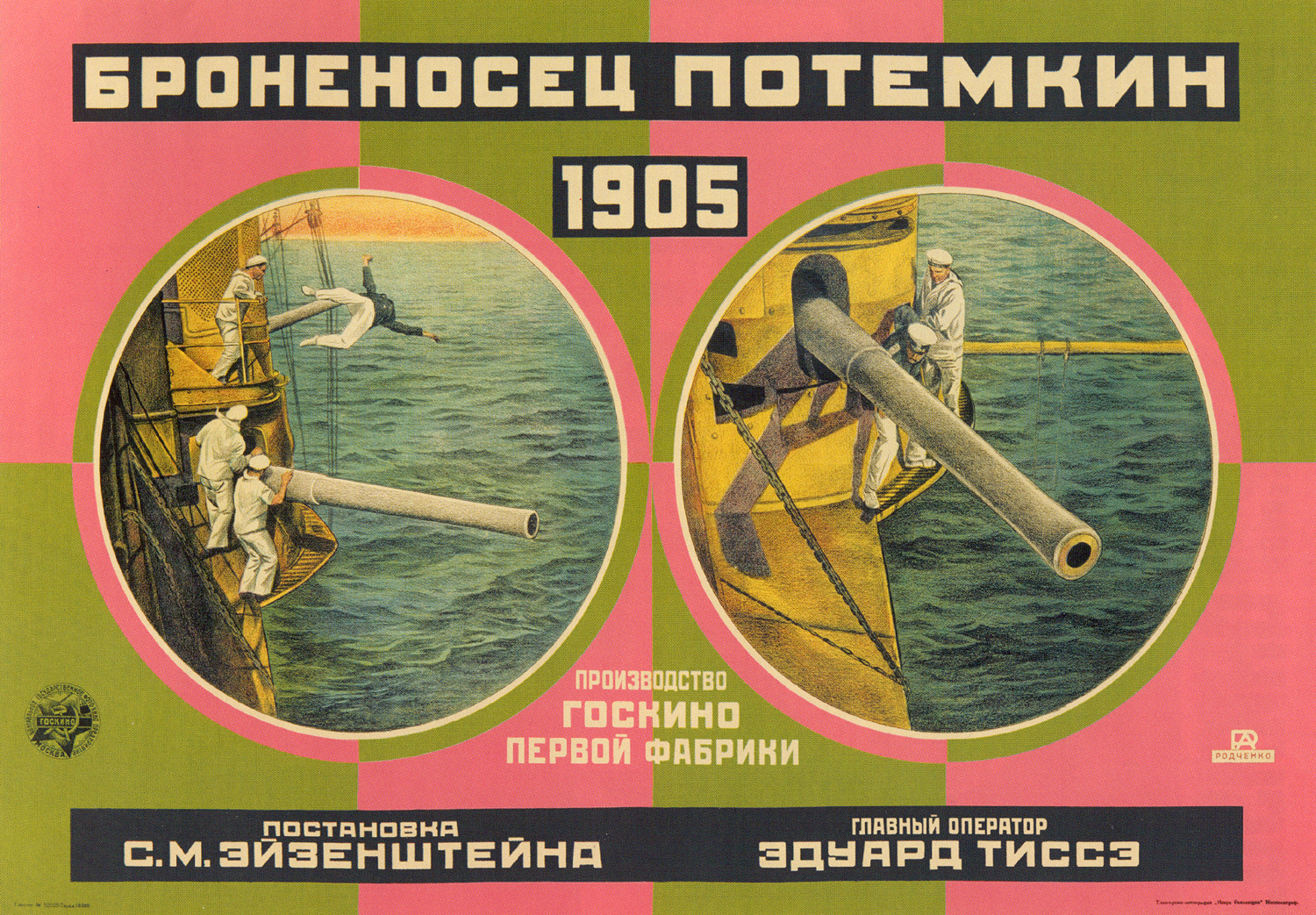Pet Shop Boys – a genre-defying battleship

In Berlin, summer often extends into September, and on this warm evening, there’s hardly a cloud in the sky – perfect for an outdoor concert. The performance is sold out, and the fortunate gather in the small garden in front of the grand Alte Nationalgalerie, as the evening sun casts its yellow light over Berlin’s old cathedral. In the background, one can even glimpse the gleaming copper facade of the pride of the former GDR: the congress center ‘Palatz der Republik’, where the Russian film director Sergei Eisenstein’s both revolutionary and groundbreaking silent film ‘Battleship Potemkin’ surely graced the screens more than once.
But who would have thought that the decadent Westerners of the Pet Shop Boys would one day score music for this heroic film about the beginnings of the Russian revolution? Or is it really that surprising? Already in ‘Left to My Own Devices’ from the album ‘Introspective’, Neil Tennant sang: “But in the back of my mind I heard a distant feat: / Che Guevara and Debussy to a disco beat”. And today, his wish is certainly fulfilled.
Behind a curtain under the film screen sits the string section from the Dresden Symphony Orchestra. Behind keyboards and laptops sit the Pet Shop Boys. On the screen, a countdown goes backwards from 2005 to 1905, while a German narrator gives us the backstory of the czarist regime’s brutal suppression of peaceful demonstrators. And the film begins.
At first, the music evolves as a smoldering soundscape – quite traditional film music, though hearing the string section playing live adds a special feel to the analog electronic sounds. As discontent grows among the battleship crew, hard sequencer tracks begin to pulse ominously. And slowly but surely, the menacing atmosphere builds.
Because yes, in Eisenstein’s time, stories were told at a somewhat different pace than we’re accustomed to today. And there are passages where even the music seems to idle and lose its way. But evntually, imperceptibly, the intensity grows – be it live strings or electronic soundscapes. And suddenly – when violence or deep emotions explode – the soundtrack bursts into a a pounding house beat that reverberates through the courtyard.
And occasionally, Neil Tennant takes the microphone and sings a few simple stanzas supporting the film’s message of oppression and hope. A single recurring theme, “one for all and all for one for freedom”, appears several times along the way.
But isn’t it pure kitsch to bring back the Russian revolution scored with what occasionally resembles 80s disco? Perhaps. But there are moments when image and sound merge. When the deep strings brutally tear at the strings over a pounding techno beat, while the army in Odessa opens fire on the innocent crowd, it sends a chill down your spine, letting you feel the simple and timeless message of the longing for freedom and human solidarity against a brutal force.
For once, Pet Shop Boys have set aside their famous irony and cool detachment. Instead, one recognizes other facets of their songwriting: their bold handling of simple, banal emotions – and their sometimes shameless taste for the grandiose. Together, it perfectly captures the mood of this naive but well-meaning piece of revolutionary romanticism – filmed at a time when the revolution had not yet gone bad.
The battleship fades out of the screen, and the curtain rises. After enthusiastic applause, Neil Tennant announces, “We have no encores – this is a repeat,” and the ensemble repeats “No Time for Tears” – the recurring song from the film.
Neil Tennant says “danke schön” and “gute Nacht” – and it is the end of a remarkable concert. In the small garden in front of the now illuminated Alte Nationalgalerie, people mingle, quietly discussing the experience. Many are quite simply baffled. And what more could you wish for?
Leave a Reply